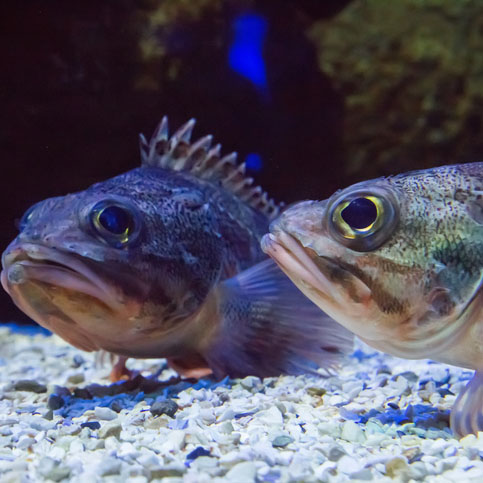
Martin Grosell and other UM scientists studied the blackbelly rosefish, a deep-dwelling mesopelagic fish, to determine whether it forms and excretes intestinal carbonate. “Mesopelagic fish live in deep, cold, high-pressure environments, and until now, it was unclear if they produced carbonate like shallow water fish do—or at what rate.”
The study confirms that depth and pressure do not inhibit ichthyocarbonate formation. Kept in the lab at 6 degrees Celsius to replicate their natural habitat, the fish excreted 5 mg of ichthyocarbonate per kilogram per hour, aligning with predictions from metabolic scaling models. The study underscores the importance of ichthyocarbonate in the ocean carbon cycle. “Mesopelagic fish aren’t just prey; they’re chemical engineers of the ocean,” says Grosell.
View Related Expert Profiles: Go to Source